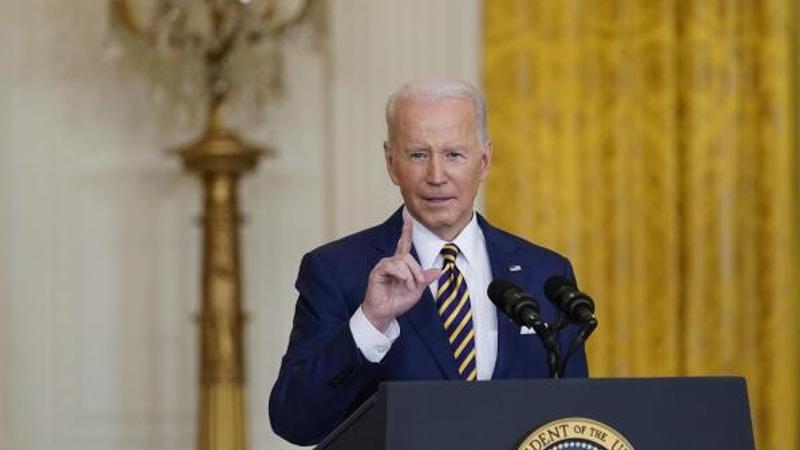Published 16:06 IST, January 7th 2025
Two Murderers Reject Biden’s Clemency, Seek to Stay on Death Row
Agofsky, 53, and Davis, 60, claim the clemency order places them at a legal disadvantage.

New Delhi, India: Two convicted murderers, Shannon Agofsky and Len Davis, have filed emergency motions in federal court to reject clemency granted by President Joe Biden. Both the convicts, incarcerated at the US Penitentiary in Terre Haute, Indiana, have told a federal court they want to remain on death row instead.
Agofsky, 53, and Davis, 60, claim the clemency order places them at a legal disadvantage.
Agofsky’s filing stated that the commutation “strips him of the protection of heightened scrutiny” and creates “fundamental unfairness” in his pending appellate processes.
Davis described his situation as a “fast-moving constitutional conundrum,” asserting that retaining his death sentence would spotlight alleged misconduct by the Justice Department.
The unusual case raises legal and constitutional questions. While both men maintain their innocence, the Supreme Court ruled in 1927 that a convict’s consent is not required for a presidential pardon or clemency.
Shannon Agofsky was sentenced to death in 2004 for the murder of a fellow inmate in 2001. At the time, he was already serving a life sentence for the 1989 abduction and murder of a bank president in Texas. Agofsky disputes his involvement in both cases and refuses clemency, asserting that he never requested or wanted it.
His wife, Laura Agofsky, told NBC News that he “doesn’t want to die in prison being labeled a cold-blooded killer.”
Len Davis, a former New Orleans police officer, was convicted in 1996 of hiring a hitman to murder Kim Groves, a 32-year-old mother who filed a police brutality complaint against him. Davis also maintains his innocence, alleging that the federal court lacked jurisdiction in his case.
Biden’s Controversial Clemency
President Biden recently granted clemency to 37 federal death row inmates, a decision that included Agofsky and Davis. The move, part of Biden’s broader opposition to the death penalty, sparked national debate.
Critics argue the decision diminishes justice for victims, as the clemency recipients include individuals convicted of heinous crimes, including child murder and mass shootings.
Despite the president's authority to grant clemency unilaterally, the legal challenges filed by Agofsky and Davis could set a precedent for how inmates can contest or reject commutations.
The federal court in Indiana has yet to rule on their emergency motions.
Updated 16:06 IST, January 7th 2025




